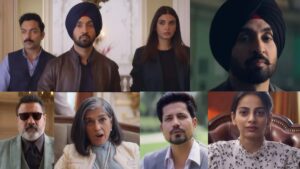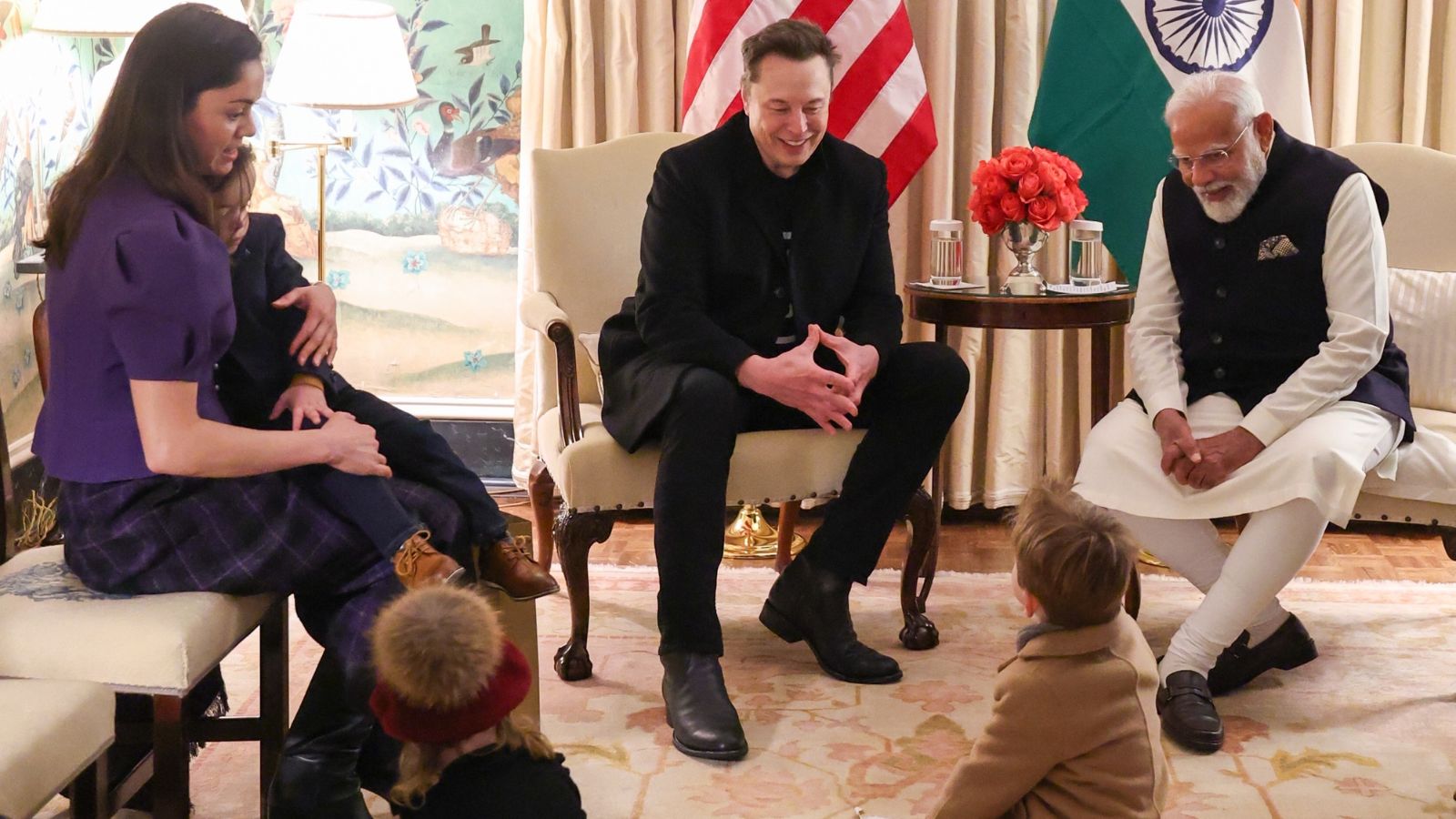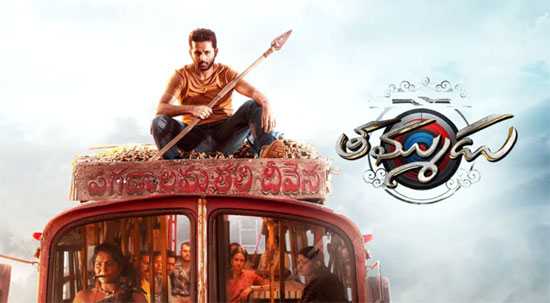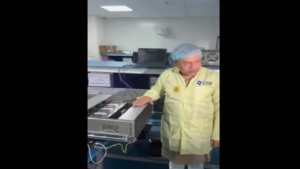After the conversation, Modi posted on X, “Spoke to @elonmusk and talked about various issues, including the topics we covered during our meeting in Washington DC earlier this year. We discussed the immense potential for collaboration in the areas of technology and innovation. India remains committed to advancing our partnerships with the US in these domains.”
Story continues below this ad
The two had also met when Modi had visited Washington DC to meet Trump and senior members of the US administration. Musk was accompanied by his family and children.
Musk, the owner of Tesla, SpaceX and X, is leading the newly created US Department of Government Efficiency and its controversial programme to slash jobs and budgets in the name of waste-trimming. Musk enjoys outsized influence with President Trump as one of his closest confidantes. The two are often seen travelling together, and Musk has held press conferences along with Trump in the White House’s Oval Office.
On February 13, after meeting him, Modi had said they had discussed “space, mobility, technology and innovation” and shared India’s experience of reforms towards “Minimum Government, Maximum Governance.”
Musk has significant business interests in India.
He was expected to visit India in April last year before the general elections but that trip was postponed. He was expected to make a pledge to pump more than $2 billion into a car manufacturing facility in India and make a statement on a longer-term investment commitment.
Story continues below this ad
Musk’s India visit was postponed as his flagship company Tesla went through some difficulties, with sobering sales numbers resulting in falling stock market valuations. He had cited “very heavy Tesla obligations”.
Modi’s conversation with Musk is at a crucial time for both India and the US and when the billionaire’s business interests in New Delhi are seemingly growing across two of his most significant companies — Tesla and Starlink.
It also comes amid the ongoing tariff war, right now primarily between the US and China, which India believes presents opportunities.
Tesla is set to launch retail operations in India soon, and has signed a leasing deal for a showroom in Mumbai, with plans of another showroom in New Delhi in the works. This will be the first time that the carmaker officially sells its cars in India, where EV adoption — while overall low — seems to be picking steady pace, accounting for over 8 per cent of total cars sold.
Story continues below this ad
While the company does not appear to have any immediate manufacturing plans in India, Tesla announced 13 roles days after PM Modi and Musk’s meeting in Washington: store manager, service advisor, business operations analyst, and customer engagement manager among others.
Earlier, Tesla had looked at possibly setting up a manufacturing unit for which it had made some hires in 2022. However, the company, at the time, had put its plans on hold. Musk has been critical of India’s high import tariffs on EVs of around 100 per cent, and the company has tried to get some duties eased.
The equation between Tesla and India could potentially change owing to the 245 per cent tariff that the US has imposed on China, where the company has a significant manufacturing base. Last year, India’s Ministry of Heavy Industries released a new EV policy easing duty for a limited number of EV imports for manufacturers setting up facilities in India with a minimum investment of Rs 4,150 crore.
The new EV policy allows the import of completely built-up (CBU) cars at a 15 per cent import duty.
Story continues below this ad
Musk’s satellite communication service Starlink has also been looking at an India entry, with its security clearance currently awaited. On Thursday, senior executives of the company met with Commerce Minister Piyush Goyal where they discussed Starlink’s future investment plans in India. They are also learnt to have discussed Starlink’s local partnerships in the country.
The company has already partnered with India’s two biggest telecom operators — Jio Platforms and Bharti Airtel — to bring Starlink’s internet services. The separate deals are contingent upon SpaceX receiving its own authorisations to sell Starlink in India.
SpaceX, the parent entity of Starlink, has applied for a security clearance with the Indian government, but it is understood that its application is undergoing review at the Home Ministry.
The deal, particularly with Jio Platforms, surprised many as the two companies were seen on opposite ends on how spectrum for satellite communication should be assigned to companies — with Jio calling for an auction, but SpaceX insisting on the administrative route. The government has decided to go with administrative allocation.
Story continues below this ad
On X, there has been some friction. The company has sued the government, challenging the use of Section 79 (3) (b) of the Information Technology Act, 2000, to issue blocking orders, claiming that it leads to creation of a “parallel” and “unlawful” content censorship regime.
In January 2025, days before Trump’s inauguration, Musk had said India-US ties are “trending positive”, hosting a delegation of Indian business leaders at his Starbase facility in Texas. He had highlighted his inclination to enhance trade partnership between India and the US with a special focus on technology and space exploration.
“Things are trending positive. I’m certainly in favour of lowering trade barriers to increase commerce between the US and India,” he said at a meeting which was part of the India Global Forum’s US launch aimed to strengthen bilateral collaboration.
Musk has also been against the universal tariffs imposed by the Trump administration, and has frequently sparred with Trump’s advisor Peter Navarro on their utility. This reportedly put him at loggerheads within Trump’s inner circle. However, Trump’s decision to pause the tariffs for 90 days has been a relief for India.
Story continues below this ad
Musk has been a strong supporter of the H1-B visa programme — India is a major beneficiary — even at the cost of several public run-ins with the far-right sections of the Republican MAGA base on the issue.
In New Delhi official circles, many of his views find an echo, especially those related to tariffs and mobility of skilled professionals.







